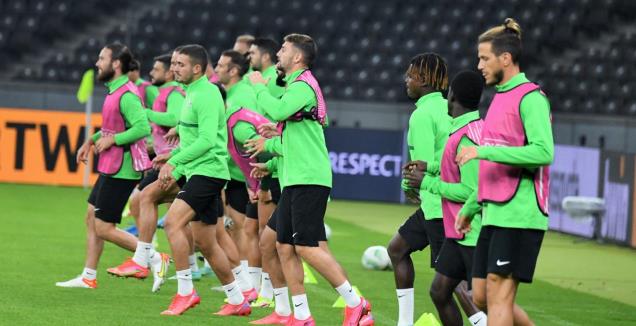play
Foudy’s message to NWSL: Believe the women (1:03)
Julie Foudy reacts to Lisa Baird’s resignation as NWSL commissioner after the latest allegations of abuse in the league. (1:03)
Women’s soccer in the United States “swept a lot of bad things under the rug” to make the National Women’s Soccer League successful, former midfielder Heather O’Reilly said.
Former NWSL commissioner Lisa Baird resigned from her position on the U.S. Soccer board of directors and FIFA launched a preliminary investigation last week after a report detailing allegations of misconduct against former North Carolina Courage coach Paul Riley.
– Murray: NWSL’s Riley scandal points to larger league failures
The Athletic outlined allegations of sexual coercion and misconduct by Riley after speaking to more than a dozen players he had coached since 2010. Riley, who has reportedly denied any wrongdoing, was terminated by the Courage and the league.
“I think women’s football has swept a lot of bad things under the rug because we want the league to succeed,” O’Reilly, who won three Olympic gold medals and the World Cup, told the BBC on Friday.
“We want to continue our personal careers and there’s not as many opportunities for players to be professional footballers so I think that’s a reason why a lot of things are just dealt with. As a player, you just take it.
“In the NWSL there’s not a ton of HR employees at clubs, there’s not a hotline for players to call, so that’s why so many things happen time after time and aren’t disciplined.”
Former NWSL players Mana Shim and Sinead Farrelly, who went public with allegations against Riley of sexual coercion, said on Tuesday that they want more action taken to protect players.
The NWSL, which is the highest level of women’s soccer in the United States, has launched an independent investigation into its handling of abuse claims and historical complaints of discrimination, harassment or abuse.
It also created a secure and anonymous reporting platform so that current and former players and staff can report misconduct.
Note: This article have been indexed to our site. We do not claim legitimacy, ownership or copyright of any of the content above. To see the article at original source Click Here













